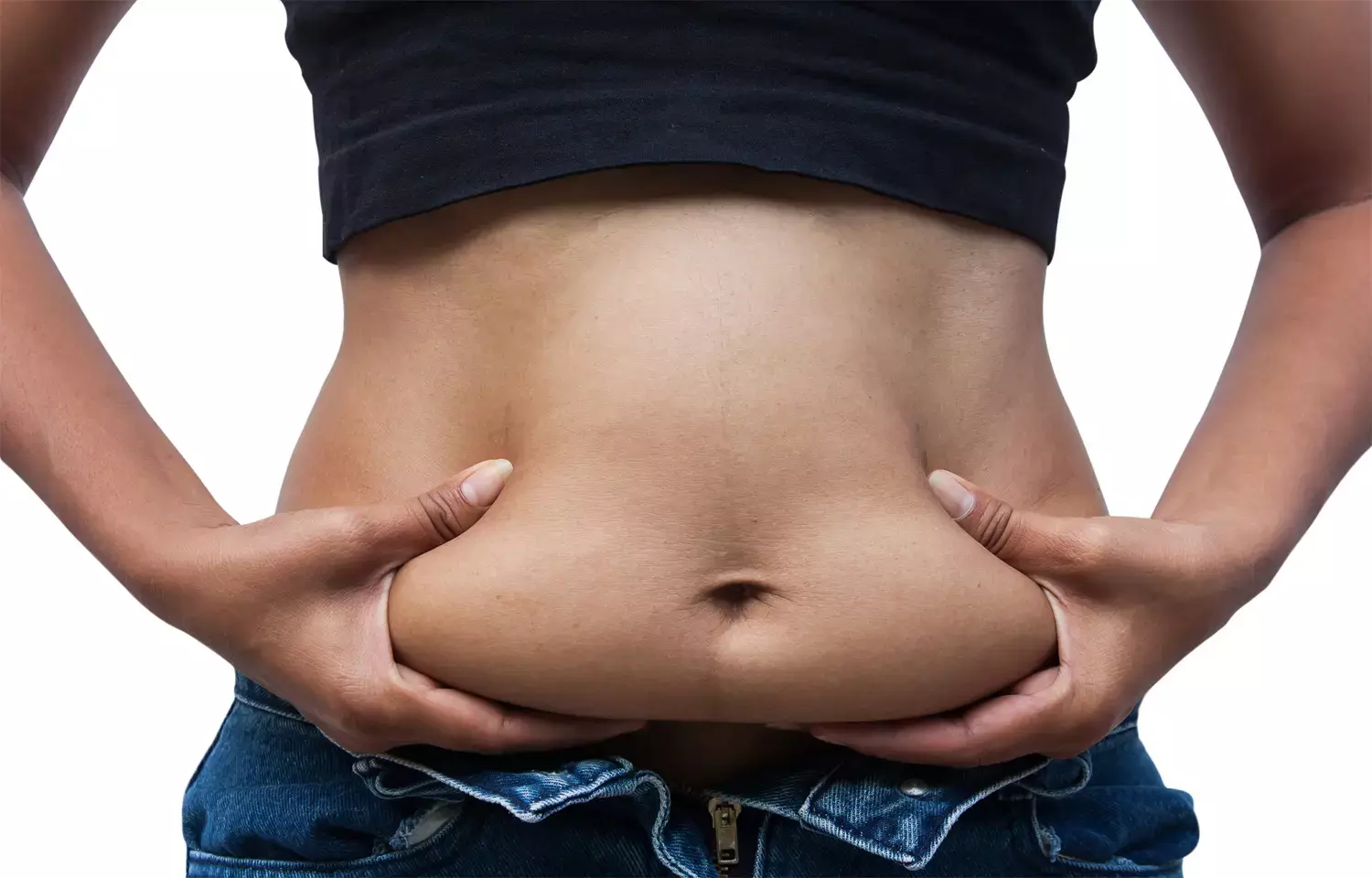- Home
- Medical news & Guidelines
- Anesthesiology
- Cardiology and CTVS
- Critical Care
- Dentistry
- Dermatology
- Diabetes and Endocrinology
- ENT
- Gastroenterology
- Medicine
- Nephrology
- Neurology
- Obstretics-Gynaecology
- Oncology
- Ophthalmology
- Orthopaedics
- Pediatrics-Neonatology
- Psychiatry
- Pulmonology
- Radiology
- Surgery
- Urology
- Laboratory Medicine
- Diet
- Nursing
- Paramedical
- Physiotherapy
- Health news
- Fact Check
- Bone Health Fact Check
- Brain Health Fact Check
- Cancer Related Fact Check
- Child Care Fact Check
- Dental and oral health fact check
- Diabetes and metabolic health fact check
- Diet and Nutrition Fact Check
- Eye and ENT Care Fact Check
- Fitness fact check
- Gut health fact check
- Heart health fact check
- Kidney health fact check
- Medical education fact check
- Men's health fact check
- Respiratory fact check
- Skin and hair care fact check
- Vaccine and Immunization fact check
- Women's health fact check
- AYUSH
- State News
- Andaman and Nicobar Islands
- Andhra Pradesh
- Arunachal Pradesh
- Assam
- Bihar
- Chandigarh
- Chattisgarh
- Dadra and Nagar Haveli
- Daman and Diu
- Delhi
- Goa
- Gujarat
- Haryana
- Himachal Pradesh
- Jammu & Kashmir
- Jharkhand
- Karnataka
- Kerala
- Ladakh
- Lakshadweep
- Madhya Pradesh
- Maharashtra
- Manipur
- Meghalaya
- Mizoram
- Nagaland
- Odisha
- Puducherry
- Punjab
- Rajasthan
- Sikkim
- Tamil Nadu
- Telangana
- Tripura
- Uttar Pradesh
- Uttrakhand
- West Bengal
- Medical Education
- Industry
Visceral fat may help identify risk of cardiovascular diseases in obese

According to a new study, visceral obesity is likely to lead to subclinical cardiovascular problems in young people. In adults, visceral fat is connected with an increased risk of cardiovascular disease, although research in children and adolescents is sparse. As a result, this study examined the correlations between visceral fat and arterial stiffness in adolescents with normal weight, obesity, and type 2 diabetes to see if they were independent of clinical estimations of body fatness.
The findings of this study were published in Pediatric Obesity on 19th October, 2021.
This cross-sectional study included kids ages 10–23 years (67 percent female, 56 percent non-black) with a healthy weight (BMI 5th–85th percentile, n = 236), obesity (BMI 95th percentile, n = 224), and type 2 diabetes (BMI 95th percentile, n = 145). Dual-energy X-ray absorptiometry was used to determine visceral fat. Applanation tonometry was used to measure the carotid-femoral pulse wave velocity (PWV). For the final analysis, the obesity and type 2 diabetes groups were pooled. Age, gender, ancestry, and mean arterial pressure were all taken into consideration in the analyses.
The key findings of this study are stated as follow:
1. Visceral fat and PWV were higher in obese kids compared to healthy weight young (p 0.001).
2. Visceral fat was related with PWV in kids with obesity but not healthy weight (p 0.001) and was predictive of PWV beyond BMI and waist circumference.
In conclusion, children and young adults who were very overweight demonstrated a slight relationship between visceral fat and arterial stiffness that was independent of body mass index (BMI). The link was not seen in people of normal weight, probably because their visceral fat deposits are too tiny to have an influence on cardiovascular health. Because cardiovascular health progresses from adolescence to adulthood, longitudinal studies in obese children are needed to determine the role of visceral fat in lifetime cardiovascular disease risk as concluded by the researcher.
Reference:
Higgins S, Zemel BS, Khoury PR, Urbina EM, Kindler JM. Visceral fat and arterial stiffness in youth with healthy weight, obesity, and type 2 diabetes. Pediatr Obes. 2021 Oct 19:e12865. doi: 10.1111/ijpo.12865. Epub ahead of print. PMID: 34668336.
Medical Dialogues consists of a team of passionate medical/scientific writers, led by doctors and healthcare researchers. Our team efforts to bring you updated and timely news about the important happenings of the medical and healthcare sector. Our editorial team can be reached at editorial@medicaldialogues.in.
Dr Kamal Kant Kohli-MBBS, DTCD- a chest specialist with more than 30 years of practice and a flair for writing clinical articles, Dr Kamal Kant Kohli joined Medical Dialogues as a Chief Editor of Medical News. Besides writing articles, as an editor, he proofreads and verifies all the medical content published on Medical Dialogues including those coming from journals, studies,medical conferences,guidelines etc. Email: drkohli@medicaldialogues.in. Contact no. 011-43720751


